Case Studies and Industry Applications of Machine Learning
Machine learning (ML) is transforming industries by enabling automation, improving decision-making, and enhancing user experiences. Below are real-world case studies and industry applications that showcase how ML is applied across different sectors.
1. Healthcare: Predictive Diagnosis and Drug Discovery
Case Study: IBM Watson for Oncology
IBM Watson, an AI-powered system, analyzes patient data and medical literature to assist oncologists in diagnosing and recommending treatments for cancer patients. It uses Natural Language Processing (NLP) and deep learning to process vast amounts of medical research.
Applications in Healthcare
- Disease Prediction: AI models predict diseases like diabetes and heart conditions based on patient history.
- Medical Imaging: Deep learning (CNNs) is used for X-ray, MRI, and CT scan analysis.
- Personalized Medicine: ML models analyze genetic data to recommend tailored treatments.
- Drug Discovery: AI accelerates the discovery of new drugs by analyzing molecular structures (e.g., DeepMind’s AlphaFold for protein folding).
2. Finance: Fraud Detection and Risk Management
Case Study: PayPal’s Fraud Detection System
PayPal uses machine learning to detect fraudulent transactions in real time. It applies anomaly detection algorithms that analyze millions of transactions daily, identifying unusual spending patterns and blocking suspicious transactions.
Applications in Finance
- Fraud Detection: ML models flag unusual credit card transactions to prevent fraud.
- Algorithmic Trading: AI-driven trading bots analyze market data and execute trades.
- Credit Scoring: Banks use ML to assess creditworthiness and detect risky loan applicants.
- Customer Support: AI chatbots handle financial queries and provide personalized banking services.
3. Retail & E-commerce: Recommendation Systems
Case Study: Amazon’s Personalized Recommendations
Amazon’s recommendation engine uses collaborative filtering and deep learning models to suggest products based on customer behavior. It analyzes purchase history, search patterns, and demographic data to increase customer engagement and sales.
Applications in Retail & E-commerce
- Dynamic Pricing: AI adjusts product prices based on demand and competitor analysis.
- Inventory Management: ML predicts stock requirements to prevent overstocking or understocking.
- Customer Sentiment Analysis: NLP models analyze customer reviews to identify trends and improve services.
- Chatbots & Virtual Assistants: AI-driven bots handle customer queries and enhance shopping experiences.
4. Manufacturing: Predictive Maintenance & Quality Control
Case Study: General Electric (GE) Smart Manufacturing
GE uses predictive maintenance with AI-powered IoT sensors on industrial equipment. These models analyze historical and real-time sensor data to predict machine failures before they happen, reducing downtime and maintenance costs.
Applications in Manufacturing
- Predictive Maintenance: AI models analyze machine vibrations, temperature, and pressure to detect faults.
- Supply Chain Optimization: ML predicts demand fluctuations to optimize logistics and reduce costs.
- Quality Control: Computer vision detects defects in products during assembly.
- Automated Production Lines: AI-powered robotics enhance precision in manufacturing.
5. Transportation & Logistics: Route Optimization and Autonomous Vehicles
Case Study: Tesla’s Autopilot
Tesla’s self-driving technology uses deep learning (CNNs, RNNs) to interpret real-time data from cameras and sensors. The AI model continuously improves through reinforcement learning and over-the-air software updates.
Applications in Transportation & Logistics
- Route Optimization: AI predicts traffic patterns to suggest the fastest routes (Google Maps, Uber).
- Self-Driving Vehicles: Companies like Tesla and Waymo use deep learning for autonomous driving.
- Fleet Management: AI tracks vehicle performance, fuel efficiency, and predictive maintenance.
- Delivery Drones: Companies like Amazon Prime Air use AI for drone-based deliveries.
6. Marketing & Advertising: Customer Insights and Ad Targeting
Case Study: Facebook’s Ad Targeting
Facebook’s advertising algorithm uses ML to optimize ad delivery based on user preferences, behavior, and demographics. The AI model ensures that the right audience sees the most relevant ads, maximizing engagement.
Applications in Marketing & Advertising
- Personalized Ad Targeting: AI tailors ads based on user behavior and interests.
- Customer Segmentation: ML clusters users into groups for better campaign targeting.
- Content Generation: AI-powered tools (like ChatGPT) generate blog posts, social media captions, and product descriptions.
- Sentiment Analysis: AI tracks customer emotions in social media comments and reviews.
7. Energy & Environment: Smart Grids and Climate Predictions
Case Study: Google’s DeepMind for Energy Efficiency
Google’s DeepMind AI reduced energy consumption in its data centers by 40% using reinforcement learning. The model adjusts cooling systems in real time to improve efficiency.
Applications in Energy & Environment
- Smart Grids: AI optimizes electricity distribution and reduces wastage.
- Weather Forecasting: Deep learning improves the accuracy of climate and disaster predictions.
- Solar & Wind Energy Optimization: ML predicts energy generation based on weather patterns.
- Wildlife Conservation: AI-powered drones monitor endangered species and illegal poaching activities.
8. Education: Personalized Learning and AI Tutors
Case Study: Duolingo’s AI-Based Language Learning
Duolingo uses machine learning to personalize language lessons. Its AI tutor adjusts difficulty levels based on user progress and learning patterns.
Applications in Education
- Personalized Learning Paths: AI adapts course material to individual student needs.
- Automated Grading: NLP models evaluate essay answers and provide instant feedback.
- AI Tutors: Virtual assistants help students understand complex topics.
- Student Performance Prediction: ML predicts student dropouts and suggests interventions.
Key Takeaways
Machine learning is revolutionizing various industries by improving efficiency, accuracy, and decision-making. From healthcare and finance to retail and autonomous vehicles, AI-driven solutions are solving complex challenges. As ML technology continues to evolve, its applications will expand further, making industries smarter and more data-driven.
.png)
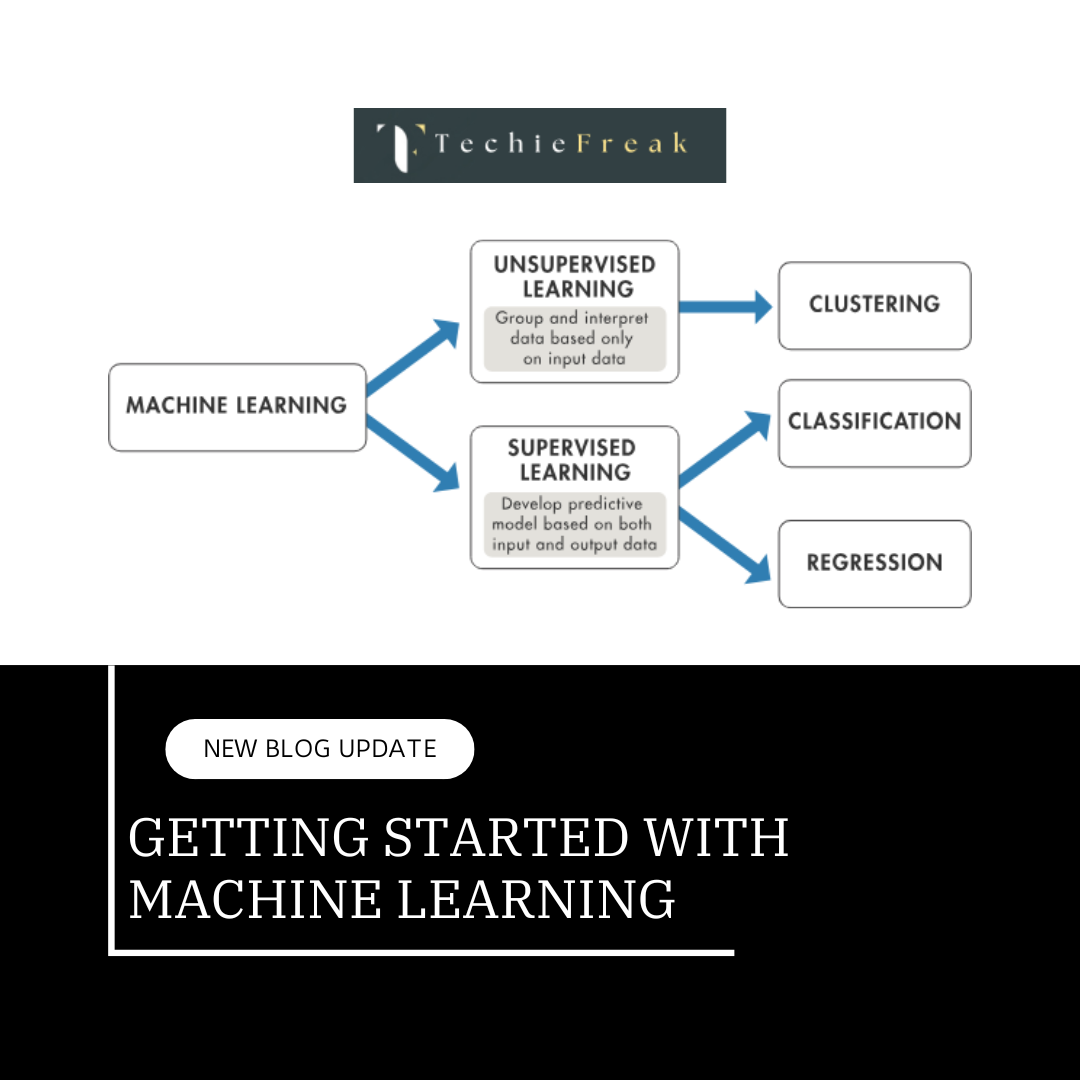
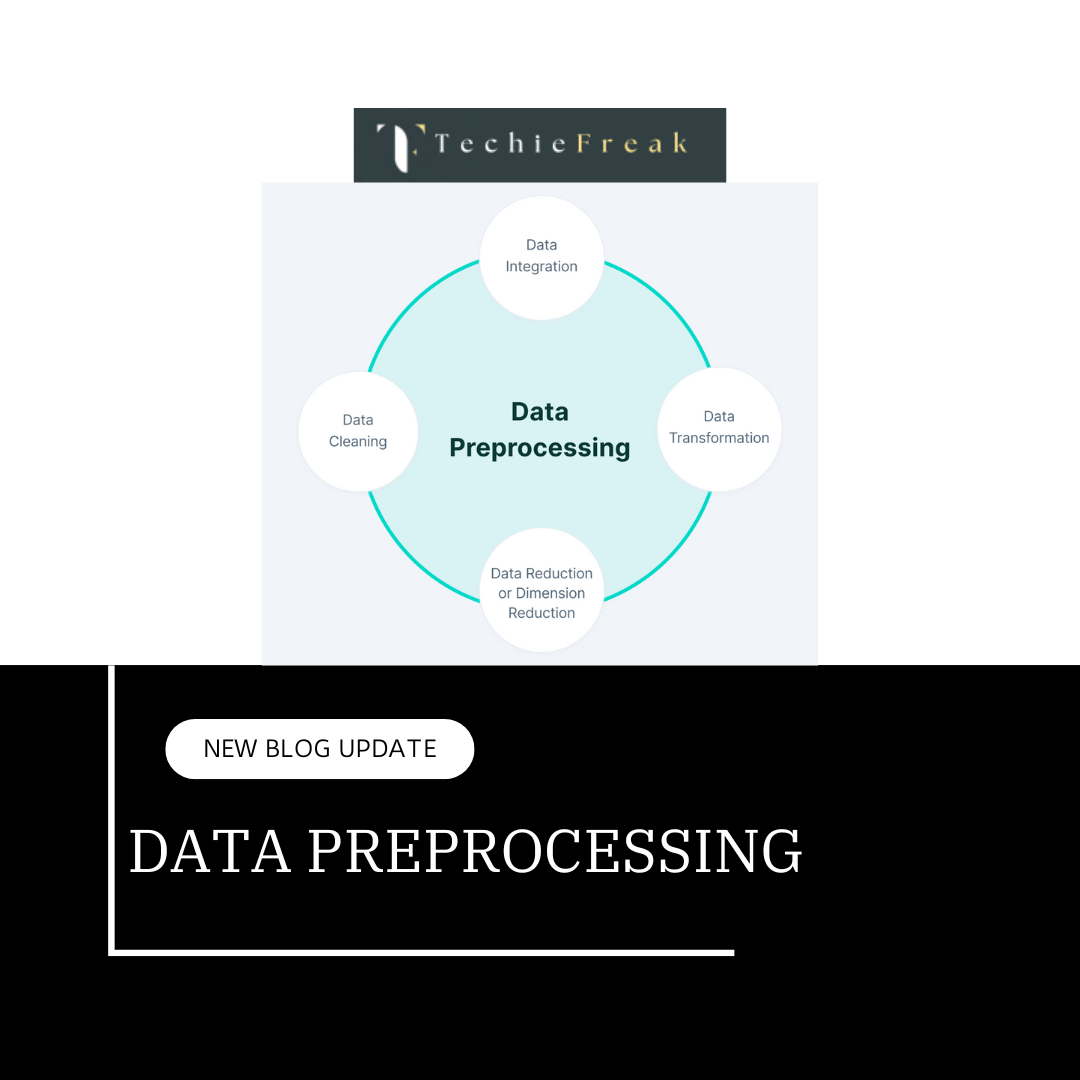
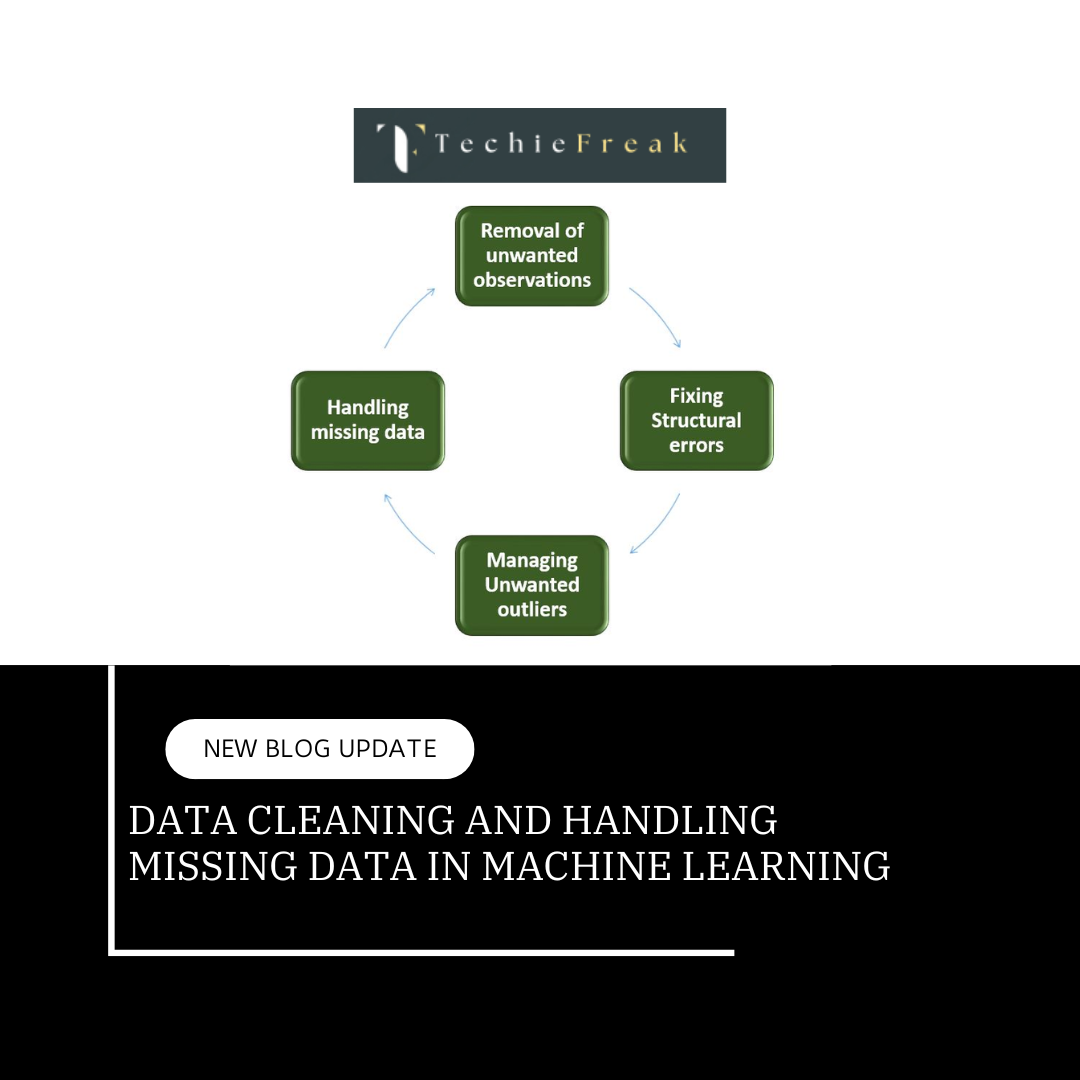
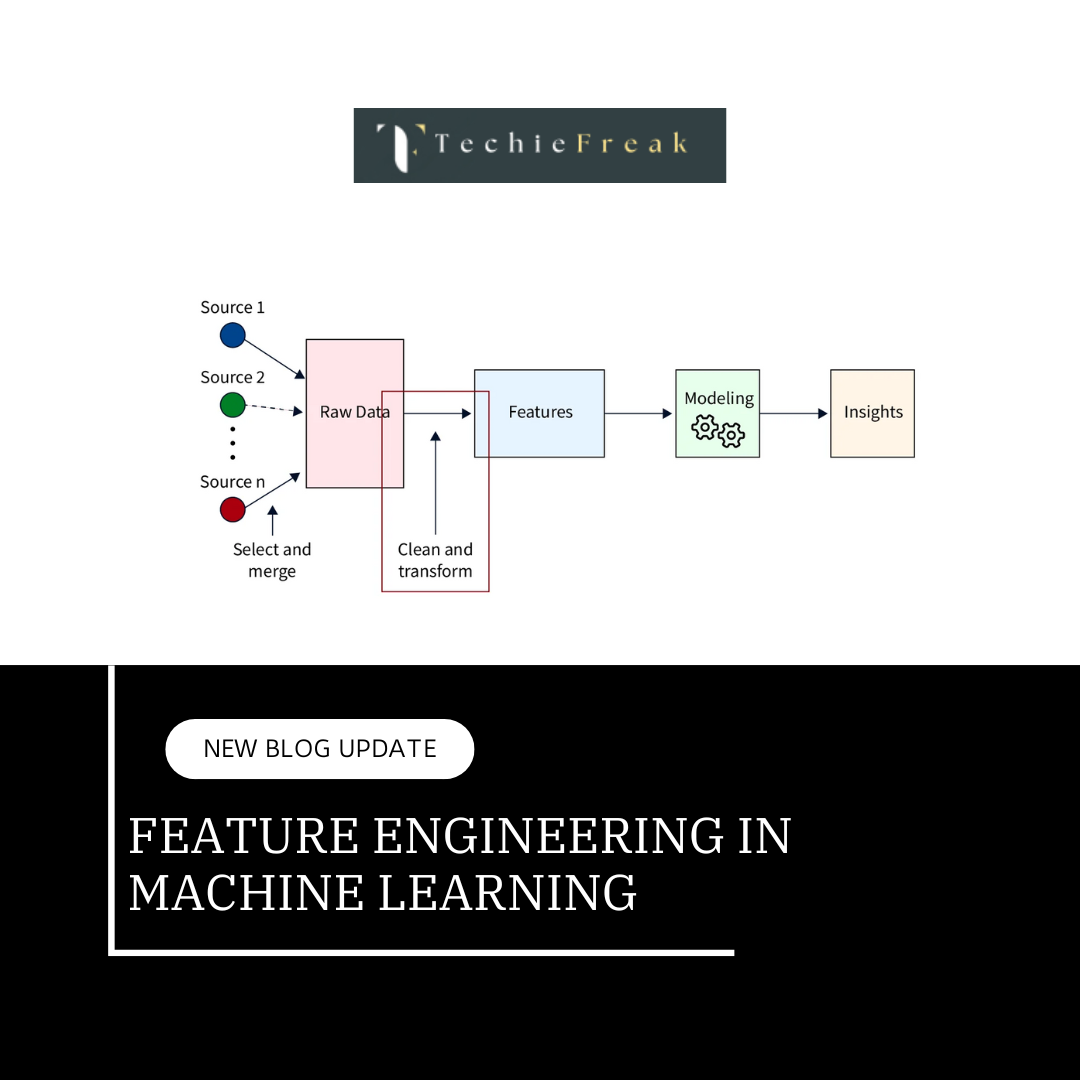
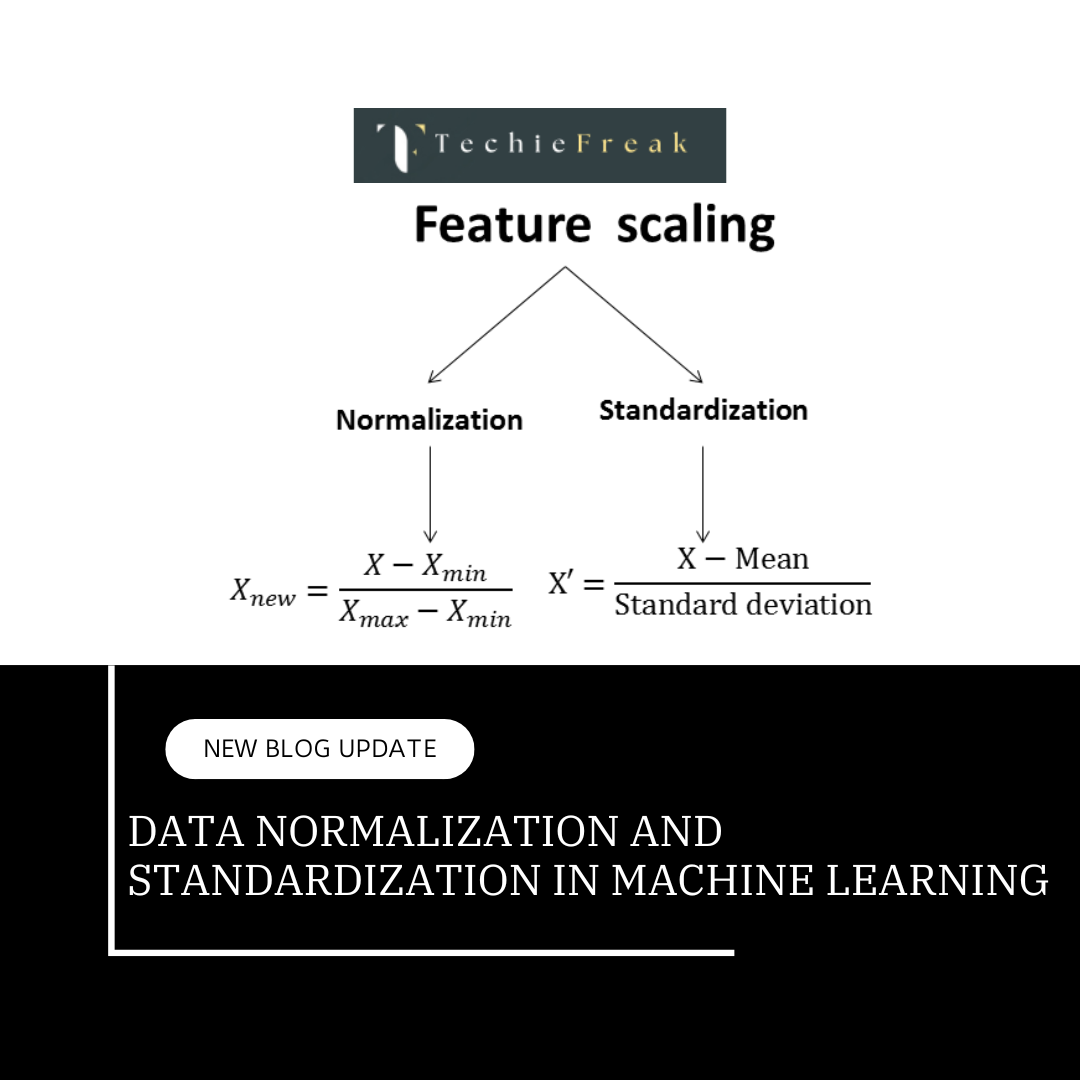
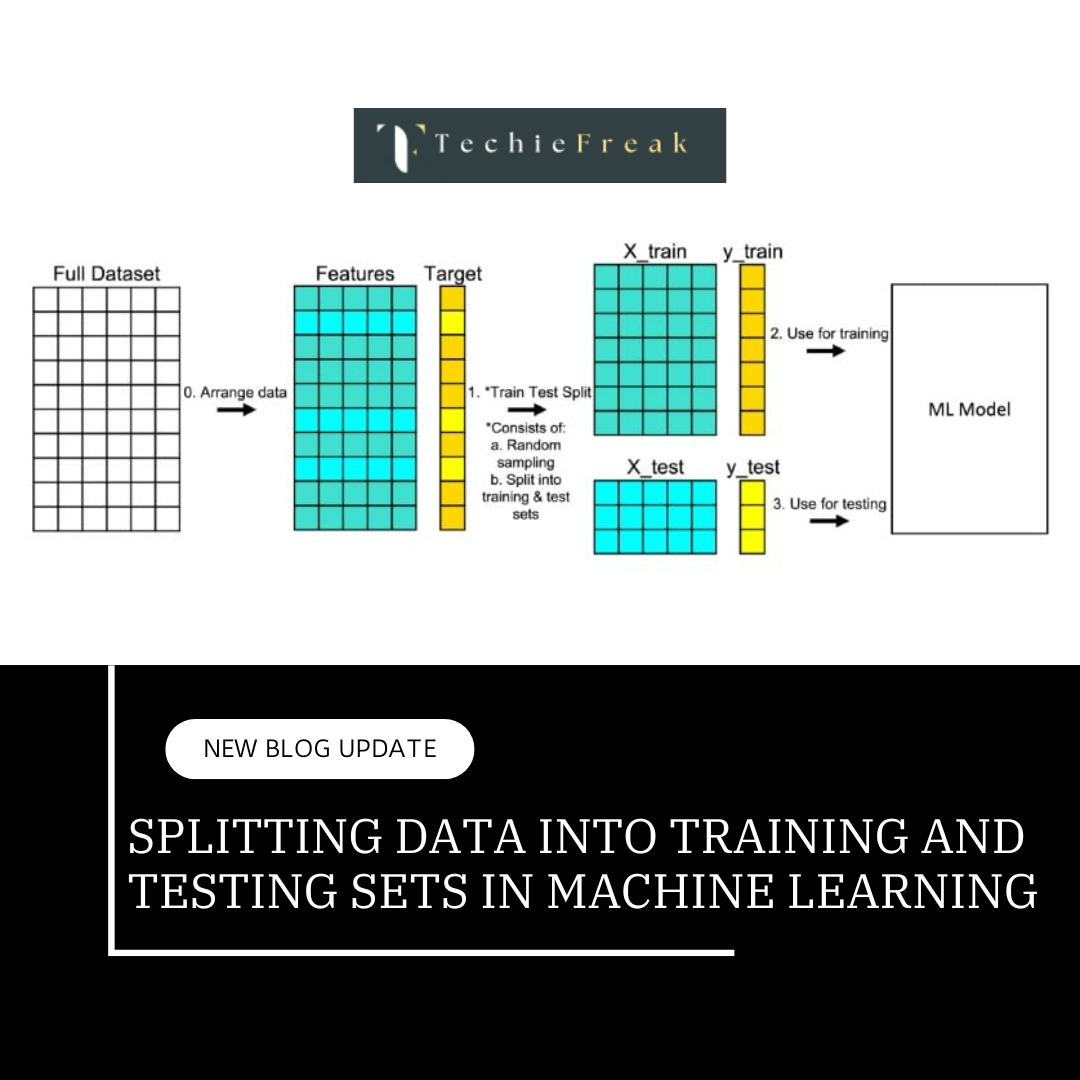
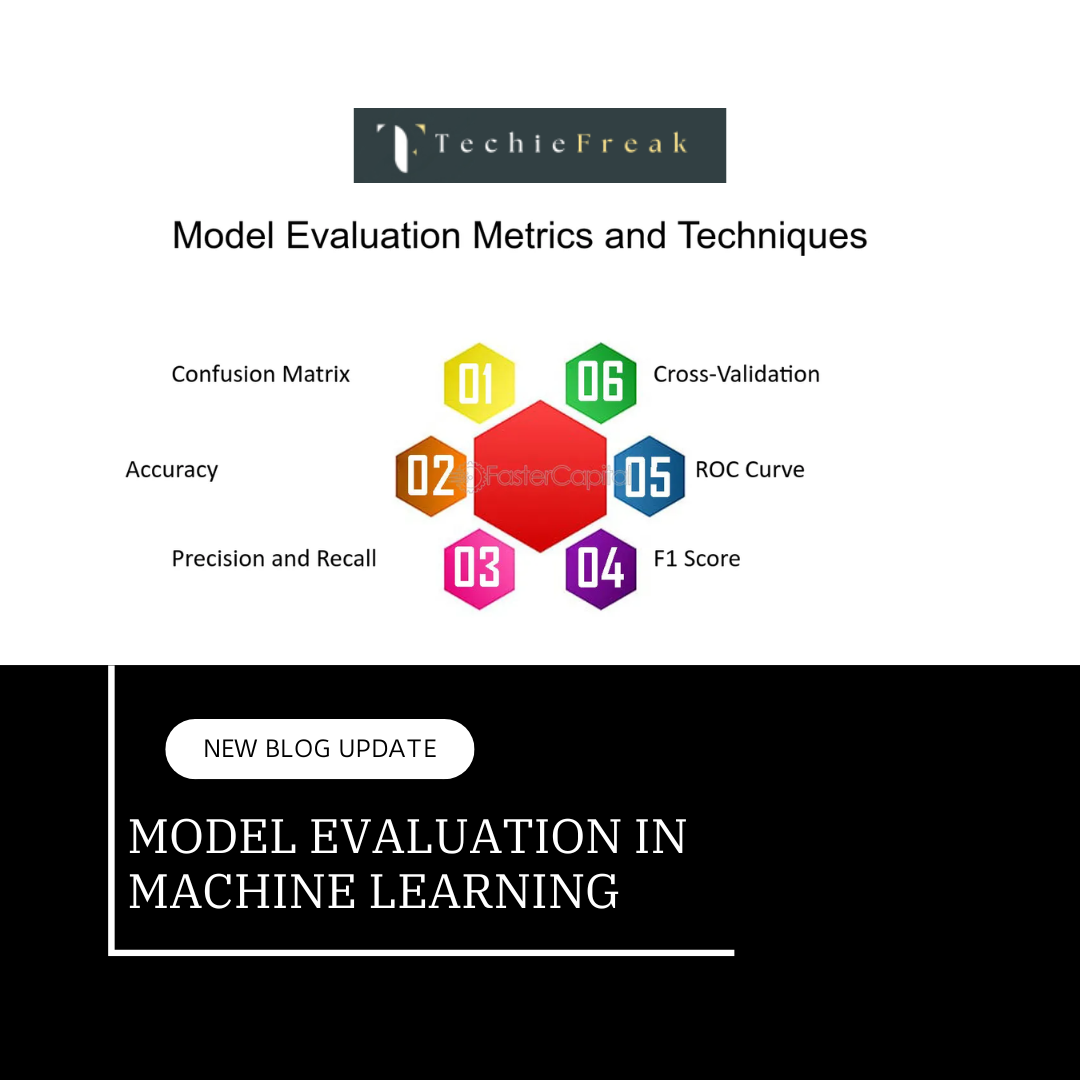
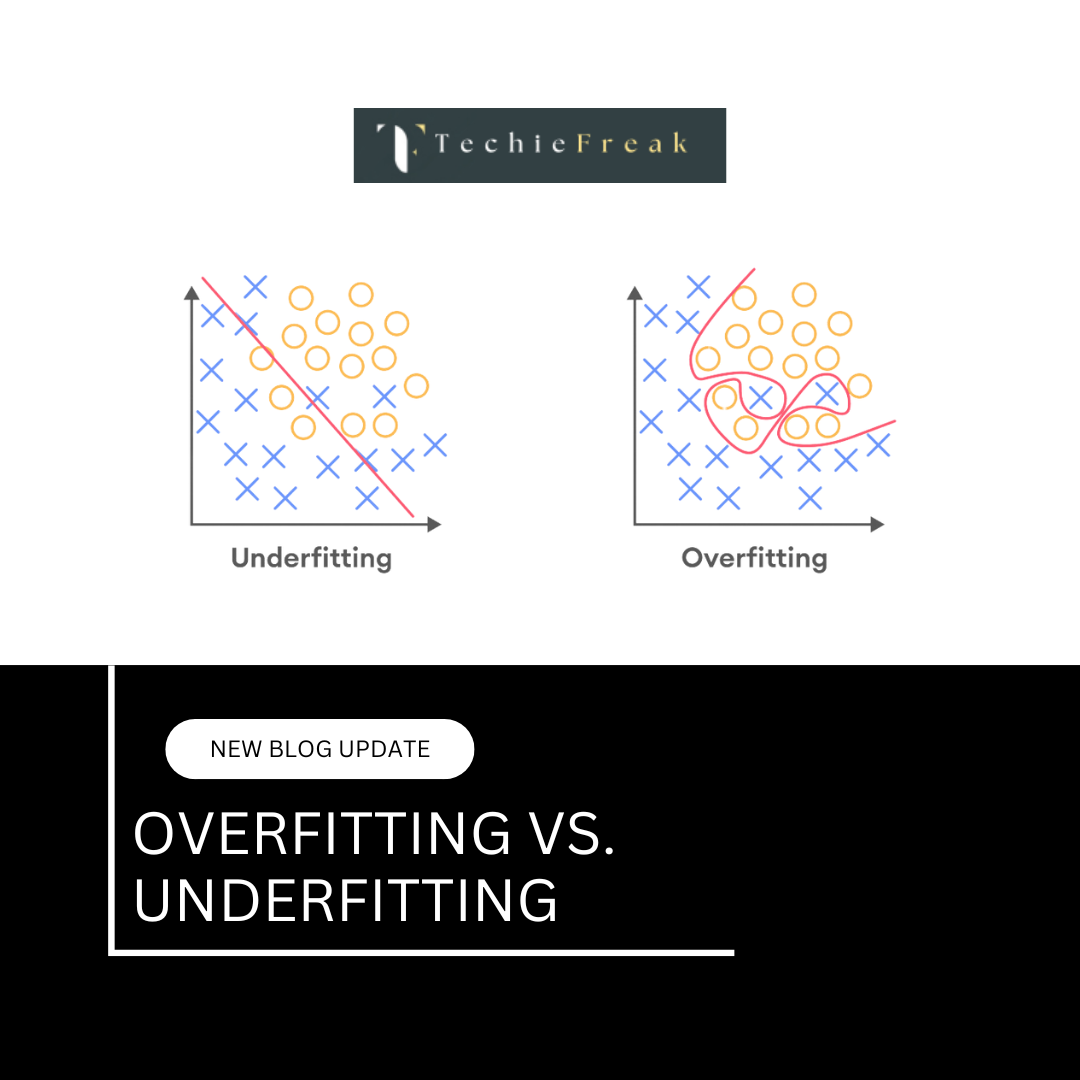
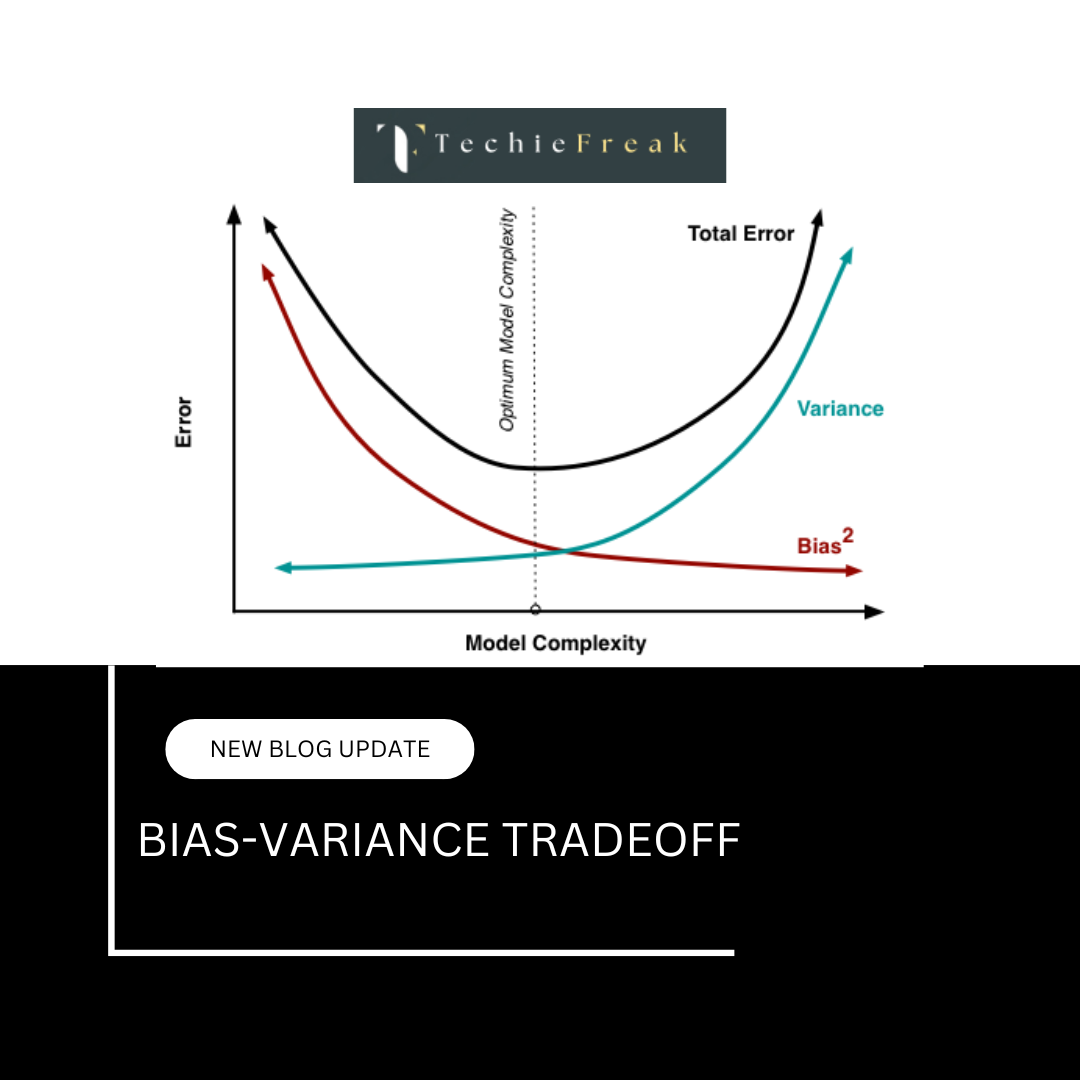
.png)
.png)
.png)
.png)
.png)
.png)
.png)
.png)
.png)
.png)
.png)
.png)
.png)
.png)
.png)
.png)
.png)
.png)
.png)
